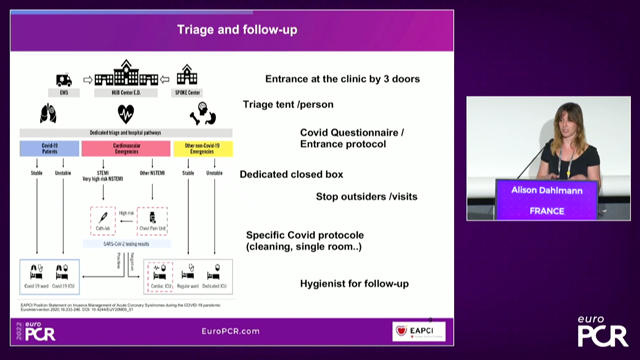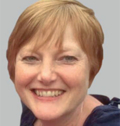
Karen Wilson
Latest contributions
Building bridges, not barriers: transforming communication with patients
22 May 2025 – From EuroPCR 2025
Enhance your communication skills with patients undergoing interventional cardiology procedures. This session emphasizes verbal and non-verbal techniques to inform and support patients, simplifying complex procedural explanations, and strengthening your role as the critical link between patients and the healthcare team for improved outcomes.
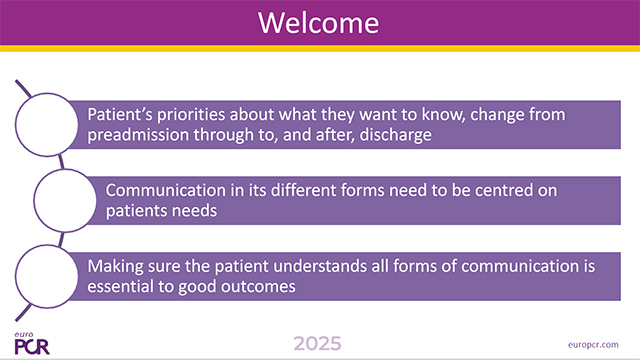
From probe to patient: understanding echocardiography in structural heart disease
22 May 2025 – From EuroPCR 2025
Build foundational knowledge of echocardiography in structural heart disease. This session covers basic principles, diagnostic approaches correlating symptoms with valvular disease, and the vital role of echocardiography in post-procedural assessment and follow-up.
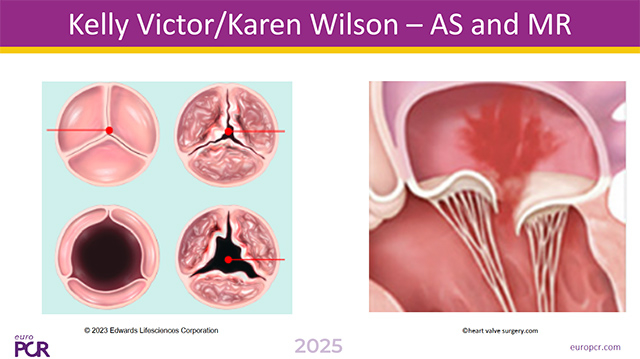
Nurses and Allied Professionals: How does frailty and cognition impact patient selection for TAVI?
26 Nov 2024 – From PCR London Valves 2024
How do frailty and cognitive function shape patient selection for TAVI? Karen Wilson and Lynne Hinterbuchner discuss the essential role of screening and assessment in identifying suitable candidates, highlighting tools like the Edmonton scale and emphasizing the importance of a multidisciplinary approach to prehabilitation.
This interview was...
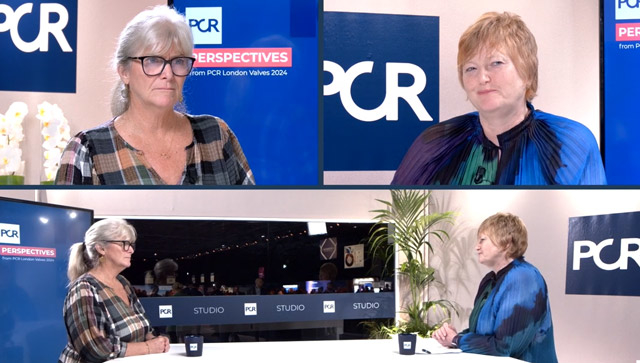
The landscape of structural heart interventions
16 May 2024 – From EuroPCR 2024
This session provides a comprehensive overview of the management of structural heart disease, focusing on the differences in procedural approaches for aortic and mitral interventions. Attendees will learn effective strategies to manage procedural complications, as well as how to adapt patient pathways for various structural heart...
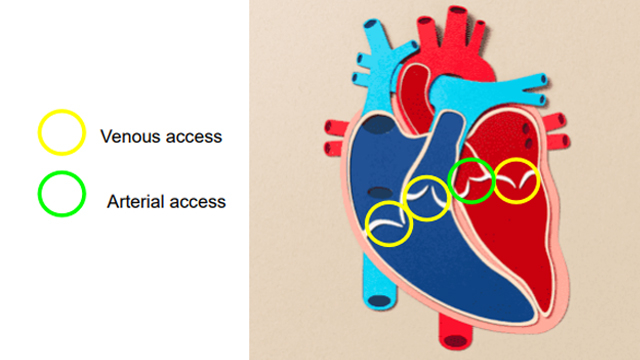
Clinical cases from the Call for submissions - Nurses and Allied Professionals
15 May 2024 – From EuroPCR 2024
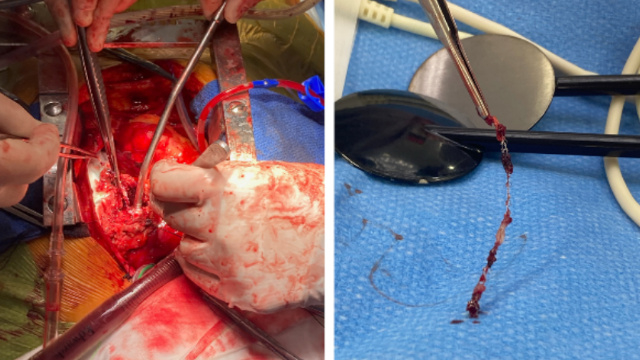
The taboo of mental health in the cathlab
15 May 2024 – From EuroPCR 2024
This session aims to address the impact of the stressful cathlab environment on the mental health of healthcare professionals. It explores the unique challenges faced in the cathlab, the role of communication in affecting staff mental health, and strategies to build a more resilient workforce. The...
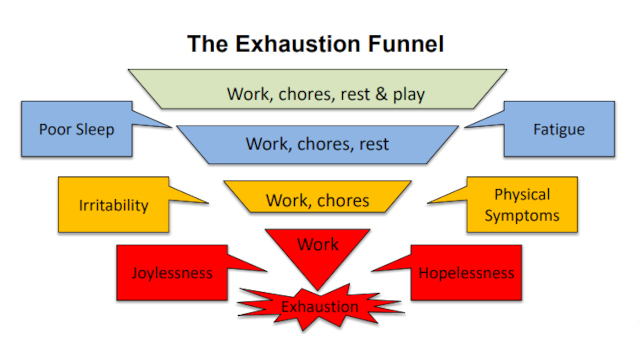
Understanding how to use evidence in clinical practice
14 May 2024 – From EuroPCR 2024
This session focuses on understanding how to apply the latest evidence and clinical guidelines in daily practice for Non-Interventional Cardiologists (NAPs). It covers the influence of patient-reported outcomes on cardiovascular clinical practices, the translation of the 2023 ACS clinical guidelines into NAP's practice, the impact of...
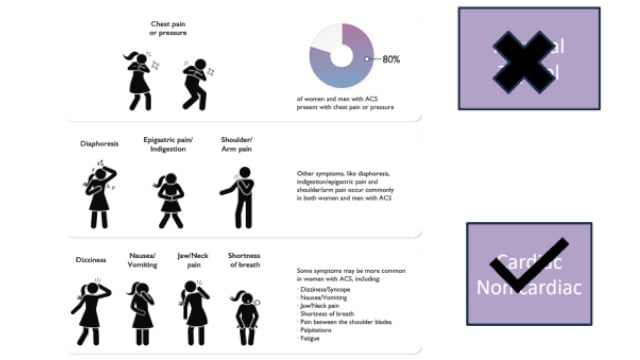
Extend your scope of practice beyond traditional roles
21 Nov 2023 – From PCR London Valves 2023
Explore this session to expand your professional horizons within the cath lab, uncovering a spectrum of opportunities, and gain insights into the indispensable role that seasoned nurses and allied professionals assume in supporting the Heart Team throughout transcatheter valve interventions.
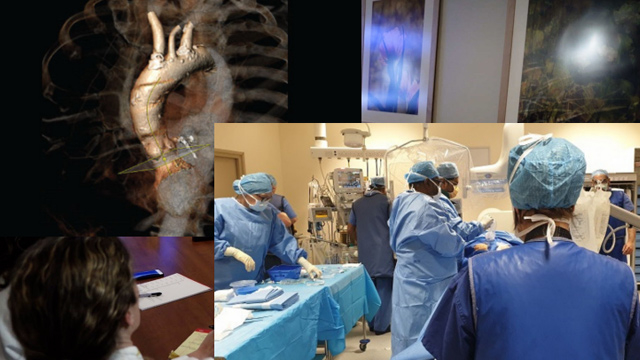
Nurse-led conscious sedation - Is it the way to expand your TAVI service?
20 Nov 2023 – From PCR London Valves 2023
Watch this PCR London Valves 2023 session to learn how to safely implement nurse-led sedation, protect yourself from radiation, apply proper drug protocols, and ensure good assessment and monitoring during and after TAVI.
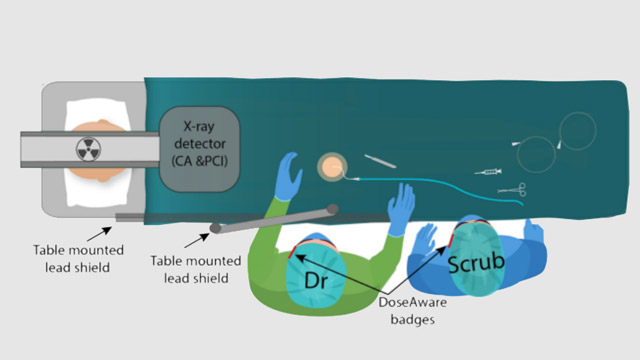
Don't forget the nurses and allied professionals when introducing new technology!
19 Nov 2023 – From PCR London Valves 2023
Learn all you need to know about adopting new technology, bearing in mind that both trainer and trainee share learning responsibilities and that focus should be on collaboration with industry and variety of teaching methods.
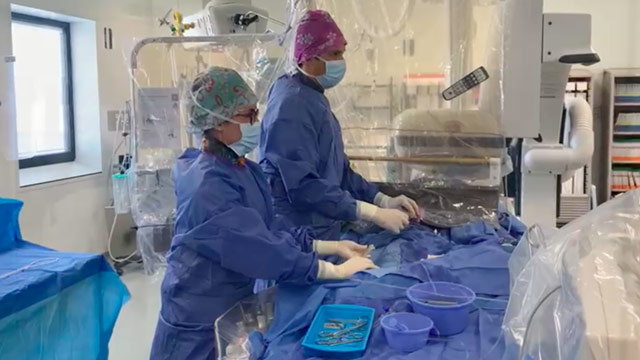
TAVI troubles - The role of Nurses and Allied Professionals
18 May 2023 – From EuroPCR 2023
In these slides, gain insights into potential TAVI issues, learn to anticipate and manage complications, and explore the pivotal role of NAP\'s.
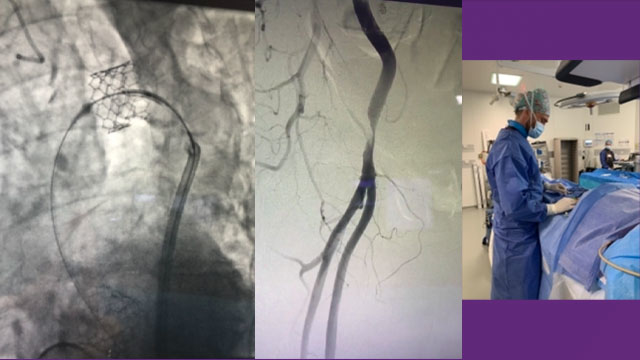
How to achieve safe early discharge
29 Nov 2022 – From PCR London Valves 2022
Discover how to achieve safe early discharge for TAVI patients with these presentations: learn more about the need of pre-procedural planning and active post-procedural care, which ECG reading are a cause for concern, and much more!
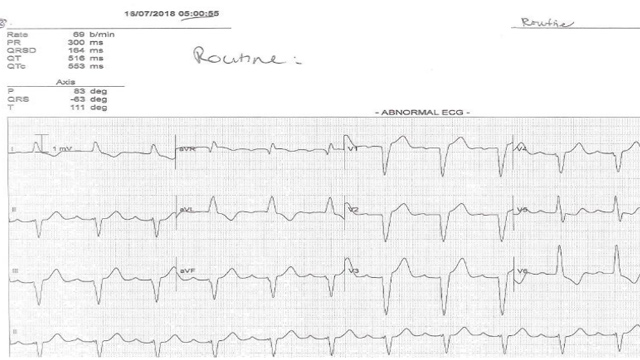
Is frailty still relevant after 20 years of TAVI?
28 Nov 2022 – From PCR London Valves 2022
Consult this session to gain further knowledge of the frailty syndrome, to understand its relevance in today's patient population and to learn how to measure it using validated tools.
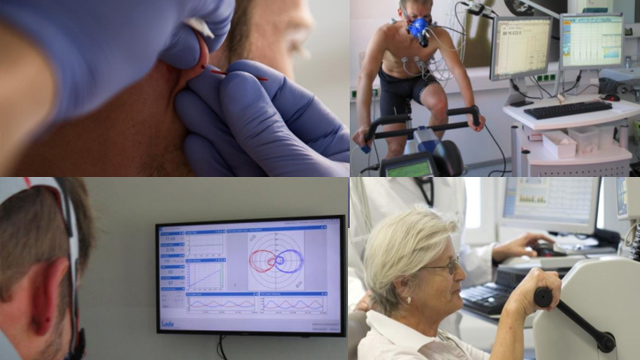
Mitral and tricuspid patients are different from the TAVI population - Impact on clinical care
28 Nov 2022 – From PCR London Valves 2022
Consult this session to learn more about the different needs of mitral and tricuspid patients, to appreciate what optimal medical therapy really means and to improve your knowledge of the anticoagulant requirements for different patient populations.
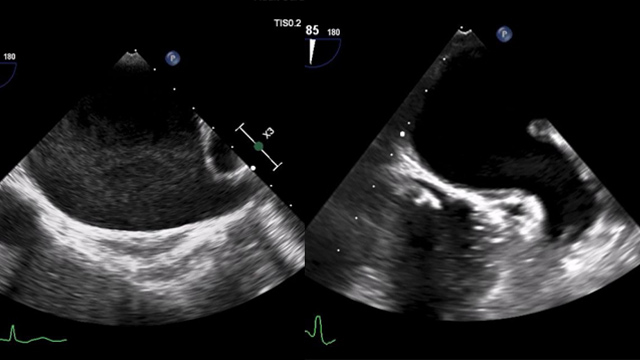
The multidisciplinary structural heart team - How do we include the patient
27 Nov 2022 – From PCR London Valves 2022
Consult this session on the multidisciplinary structural heart team to learn more about the evolving role of the team and how this affects decision making, to discover why patient advocacy and partnership is vital within the team, as well as to identify potential barriers and enablers of the future...
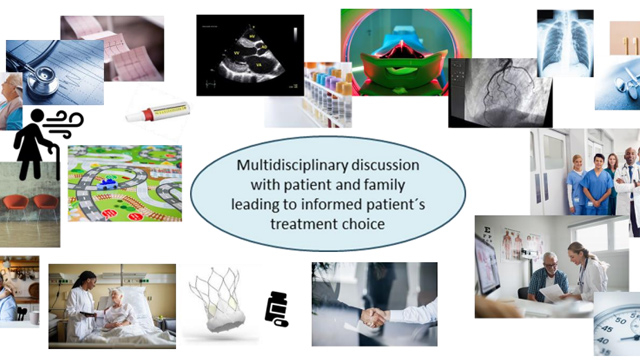
How to implement advanced practice for NAPs in your country
19 May 2022 – From EuroPCR 2022
What is advanced practice? What about pre-procedural, procedural, and post-procedural advanced practice? How is advanced practice understood in Europe? Find some answers in this session of EuroPCR 2022.
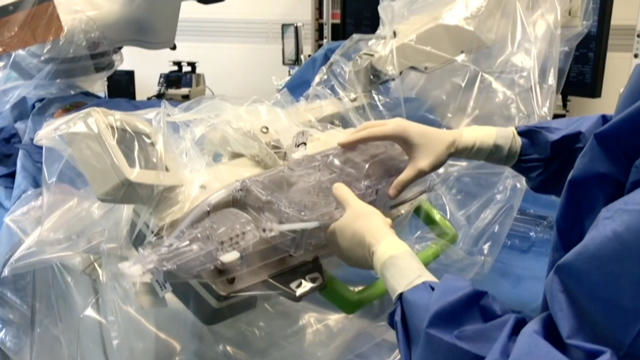
Best practice in care of access sites
19 May 2022 – From EuroPCR 2022
Timeout and pre-procedural checklists, care of femoral access site, care of radial access site, patient discharge, tradition- versus evidence-based guidelines: these are the subjects covered by this EuroPCR 2022 session, which concludes with the award ceremony for NAP clinical cases 2022.
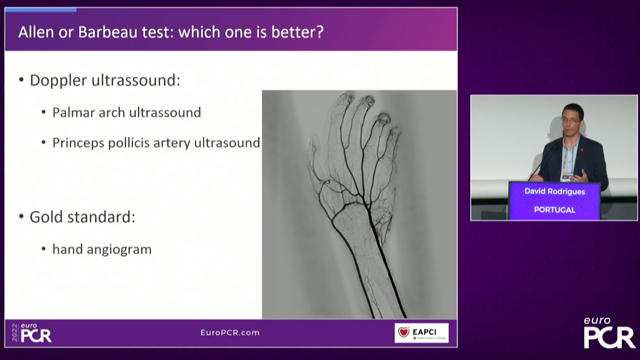
Celebrating the work of Nurses and Allied Professionals - EuroPCR 2022
19 May 2022
The Andreas Grüntzig Ethica Award is presented every year to individuals who have contributed in an extraordinary way to the PCR mission. At EuroPCR 2022, an entire community is being recognised – all Nurses and Allied Professionals (NAPs) working in the field received the Andreas Grüntzig Ethica...

Author

Author

Author
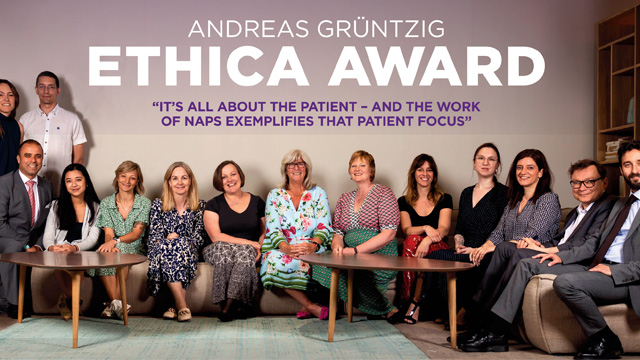
Acute coronary syndrome: are women really so different?
18 May 2022 – From EuroPCR 222
This session delivers key messages to nurses and allied professionals: listen to your female patients, help them describe their symptoms, ask the right questions to determine their history, and know which Troponin levels reflect a positive ACS.
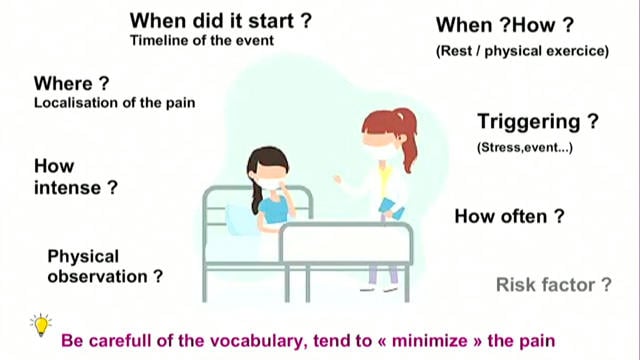
What's new in 2022
18 May 2022 – From EuroPCR 2022
This session emphasizes the fact that guidelines, although still too rarely, can be written BY and FOR NAPs, and are the most important tool to be used for decision making, and that COVID has changed the way we work, while maintaining a high level of protection...
